The Imperial Gaze Turns on Britain’s Isles
In Elizabeth O’Connor’s Whale Fall, an encounter between English documentarians and a remote Welsh island community provokes questions of sexual and national identity.
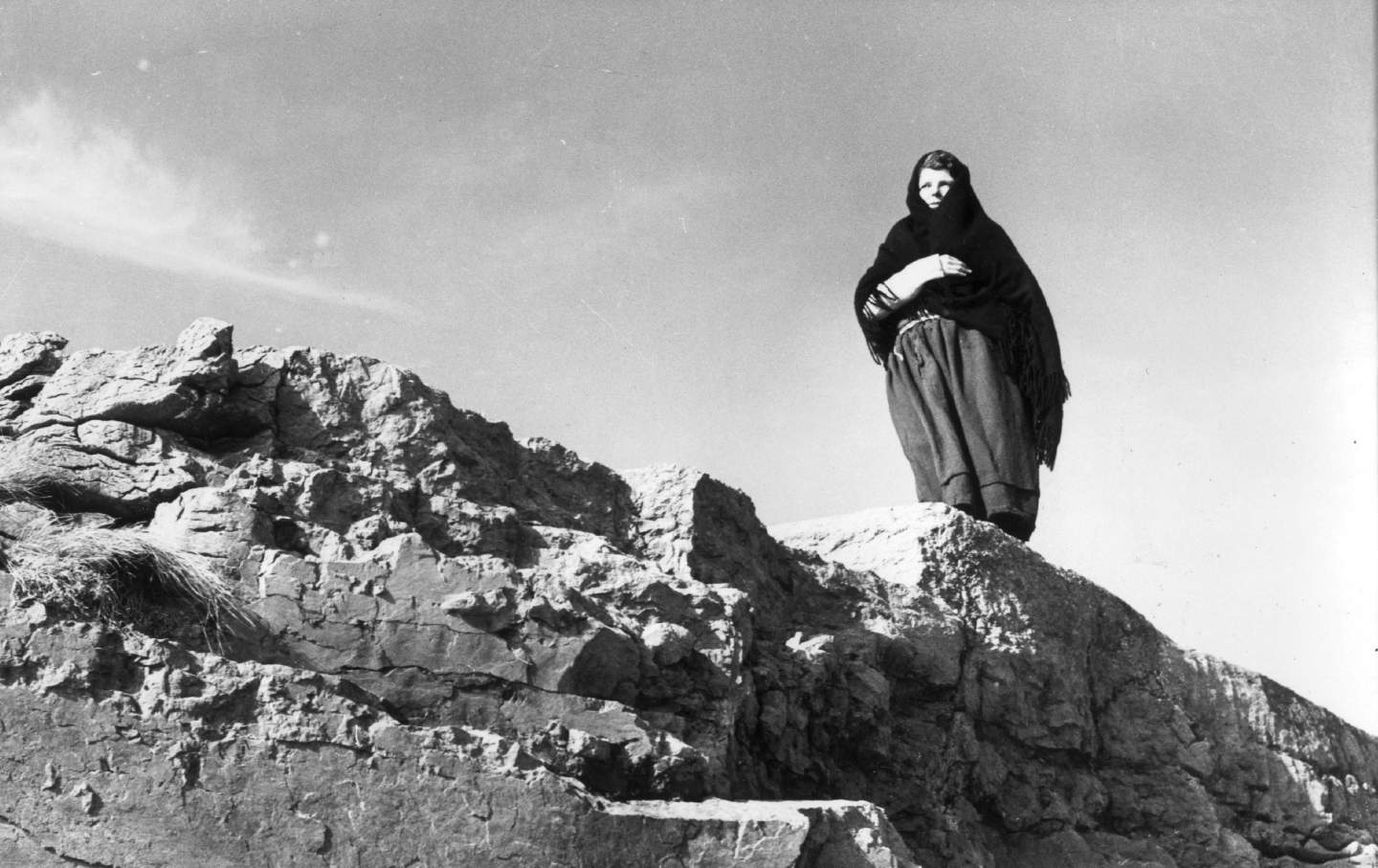
Surf roaring over the black streak of a lost fishing net, the protracted struggle to retrieve it from the smothering sea, jagged cliffs and the fight to sustain a bare existence—so begins 1934’s Man of Aran, which follows the subsistence struggles of a coastal Irish community. It wasn’t the first documentary, but it was made by the first documentarian, Robert Flaherty, whose film Nanook of the North (1922) is widely considered to have inaugurated the genre despite his habit of fabricating characters and plotlines to romanticize “primitive” cultures.
Books in review
Whale Fall
Buy this bookFlaherty explained that his very mission as a filmmaker was “to show the former majesty and character of these people, while it is still possible.” It was also what audiences wanted to see: Nanook was a global hit. Its legacy in the Canadian Arctic—where Flaherty slept with at least one of the film’s Inuk stars and then abandoned their son—was more complex, but by then, he had moved on. After a documentary set on a Samoan island flopped, Flaherty decided to try his luck on Ireland’s wind-scoured outskirts. There, he and his crew spent two years following unrelated islanders chosen to portray “a man of Aran,” “his wife,” and “their son” as they clamber over house-sized boulders to scavenge seaweed, teeter on the edge of cliffs with a fishing line, and subdue a thrashing shark from a ramshackle rowboat. Man of Aran won praise abroad but was criticized even at the time for its lack of attention to social context; later commentators exposed much of it as fraudulent. Still, Flaherty’s participants were mysteriously committed to the film. “He won me and won my soul out of me as well,” said Pat Mullen, who interpreted for his Irish-speaking neighbors.
No one filmed what happened behind Flaherty’s camera, but Elizabeth O’Connor’s Whale Fall provides a fictionalized guess. It’s not an exact parallel—O’Connor’s island community is Welsh, not Irish, and the visitors who have washed up on its shores to chronicle the village are working on an ethnographic book—but there are deliberate echoes. Our teenage narrator, Manod, is the local assistant for the two researchers, Joan and Edward, who—like Flaherty—turn to fabricated details and staged scenes to simulate the quaint, backward society of their fantasies. The book has to be perfect, Joan insists defensively; it has to “capture a sense of the island.” When Manod responds, “The island that’s in your head. I don’t think it exists,” Joan tells her to go home.
Manod is already home, of course, but that’s not a fact she embraces. Even after she begins to realize what Joan and Edward are up to, they remain far more alluring to her than the island, which Manod has never considered either interesting or beautiful. She introduces the researchers to her neighbors, fastidiously translates from the Welsh, covers for their mistakes. Their stated goal: to “preserve a sense of true Britishness.”
But the three-mile island is already on the margins of Great Britain—Joan and Edward are the first English people Manod has ever met—and the islanders, preoccupied with survival, have little sense of themselves as part of a larger empire. It’s the eve of the Second World War, and the islanders’ bruising way of life is only getting harder as young people flee to the mainland, leaving those who remain to their increasingly anachronistic lifestyle: shipwrecks and early widowhood, food scarcity, paltry education, only the rudiments of medical care. Even the weather is worsening: The previous year, the water was laden for months with the bodies of birds that had dived too hard and snapped their necks on an unexpectedly high sea.
The threat of mandatory evacuation hovers over the story, and other nearby islands have already emptied out, in response to depopulation and storms rather than bombs. The distinction between shore and sea is getting fuzzier every year. Although the narration eventually slips into the first-person singular as it follows Manod more closely, the book begins with and returns to an omniscient “we,” the voice of the island as a collective, comparing the water to the land until any distinction is lost. The sea, in one scene, is like a pot of boiling sheep heads; the water-rippled pages of a classmate’s mother’s romance novels resemble waves. Surf splatters the windows of Manod’s family’s cottage as its inhabitants sleep, and the clams are coming closer and closer to its threshold.
When the novel’s titular whale washes into the shallows “like a cat slinking under a door,” the list of all those who do not notice includes the keepers of the lighthouse, the night fishermen, the farmers moving livestock, and the sheep themselves. If Flaherty and his compatriots objectified people they saw as “primitive,” O’Connor intervenes by imbuing both the islanders and their island with subjecthood. In Whale Fall, the landscape and its people speak together, with Manod as their chosen and compromised avatar; she wants, more than anything, to leave them behind.
In her 2014 memoir H Is for Hawk, Helen Macdonald spent the months after her father’s death stalking the hills around Oxford with a young goshawk on her fist. Her feelings about those hills were complicated. “Loving landscapes like this,” she wrote, “involves a kind of history that concerns itself with purity.” Indeed, England’s chalk downlands have long been seeded with nationalist potential. “Did we condescend to worship her, here we should erect our national shrine,” wrote E.M. Forster in 1907.
Rejecting modernity in the wake of the Great War, a contingent of writers undertook that deification with gusto, calling on “a sense of belonging sanctified through an appeal to your own imagined lineage,” as Macdonald put it. They went on “reasonable walks” (12 to 30 miles), fantasized about prehistoric relics, dreaded the return to a world of “quarries,” “obscene shale,” “oil-traders.” For one F.J. Harvey Darton, the hills brought out reactionary as well as environmentalist tendencies: They were “part of a world in which, to a Radical, Conservatism may well appear the creed of Utopia.”
Joan and Edward have come to Wales to recruit more national landscapes to their cause. “We believe that a return to the land is needed,” they tell the local congregation, “a return to a certain way of life.” Despite their allusions to a shared national identity, it’s clear that the English are foreigners here. They barely speak the language—Edward doesn’t know the Welsh word for “house.” And their search for cultural purity distorts their perception of the island itself, which is not quite as isolated as they would like to believe. As newspapers report on the expulsion of Jewish children from German schools, Edward tries to be reassuring: The war, he says, “probably wouldn’t reach you here.” Manod knows better: Just a generation ago, the island’s men were drafted into the trenches of World War I. “They say that war is coming,” her father warns. “I don’t know if being around the English is a good idea.”
For Manod, though, the researchers embody her dreams of life in the metropole. The Oxford-educated Joan is impossible to look away from, the kind of lipstick-wearing, worldly woman that Manod wants to become. She’s also compelling for other reasons: Manod can hear her heart beat in her ears whenever she talks to her; when she touches herself at night, she thinks of Joan’s cold, pink hands and watery eyes.
Popular
“swipe left below to view more authors”Swipe →Yet Oxford has filled Joan’s head with further “fancy notions,” Edward cautions. The daughter of a suffragette, she’s now a supporter of the politician Oswald Mosley, founder of the British Union of Fascists. But Edward’s motives are suspect, too: Though describing himself as apolitical, he never actually interferes with his colleague’s projects. He has other, predictable reasons for wanting to warn Manod away from Joan and lure her closer to himself.
Manod is not altogether sexually inexperienced—she sleeps with and then rejects the only island boy her age—but her attraction to Edward is so ambiguous as to be absent. They meet on a blanket in a church outbuilding, and although Edward reminds her of an insect, “pale and noduled,” it’s her own body’s inadequacies that she can’t stop worrying about. He paints for Manod an idealized picture of English life, full of roast beef and yellow roses, and even shows her his improvised darkroom, confident that she won’t object to the misinformation in the photos’ captions: unrelated people described as family members, a young cattle farmer labeled as a whale-shark fisherman. Their sex is dissociative, shorn of any erotic charge. “I thought to protest, but gave in soon enough,” Manod says of one encounter. “It felt good to be desired by someone like him.”
For Manod, the researchers are too alien to really understand; they exist mostly as symbols of what her off-island life could be. And Joan and Edward, despite being physically present on the island, are just as unwilling to see its people as they really are. Men harvesting lobsters at night remind Joan of her brother’s military training, which in turn reminds her of “the strength and guile of our countrymen.” For her, the island is a place to find a nostalgic version of the British past, a primary source for her ethnocentrism.
But the “material experience of landscape” is just as important as its symbolic potential, as O’Connor wrote in her 2020 doctoral dissertation. By rejecting nostalgia but still foregrounding landscape, Whale Fall makes space for the more intimate, surreal ways that culture can relate to nature. “Trees came to shore in their hundreds during one of the storms and the men built coffins for themselves, their wives and children,” Manod recalls of one particularly hard winter. “When spring came and it was like a miracle, they turned them upside down and used them for boats.”
Manod lends Joan and Edward folk songs, family histories, homemade embroideries, but she fends off their attempts to find any greater significance in these materials. When Edward asks if the seals mentioned in one song are meant to represent the dead sailors of the last verse, she demurs: “They are two separate things.” Unable to trust that the researchers will accurately record her community’s symbols, Manod defaults to a defensive crouch in which everything means only itself.
For the non-ecologists among us, a whale fall usually takes place in the deep sea, where a nutrient-rich cetacean corpse can sustain vibrant biological communities for years, even decades. The novel’s eponymous whale, stranded and decaying onshore, is a constant omen (the islanders cannot agree whether good or bad). Its smell “collapses” over them, its “petals of fat blue and mauve” fold onto the sand, its skin eventually “retreat[s] from the bones.” But the carcass also proves an unlikely substrate for human community. The island’s children in particular show it loyal attention, first as an imaginary submarine playscape, then as an altar for flowers. Finally, its skin becomes a canvas for juvenilia: scraped initials, hearts, phallic sketches. Before the year’s end, as a final extractive gesture, Joan summons a salvage crew from the mainland to commandeer its blubber for the war effort. Soon after, the researchers themselves depart.
Once Joan and Edward are gone, the islanders take the whale’s abandoned skull for their own. Their annual Mari Lwyd pageant involves a procession of decorated horse skulls; this year, the puppeteered whale sails alongside them. When no one is watching, the corpse’s remnants, at least, belong wholly to the island. If only those remnants could be enough to live on. As another whale breaches far offshore, Manod at last decides: She’ll go to the mainland, bring her younger sister Llinos “if she’ll come,” and never marry. Llinos’s dream is “to catch fish, and eat them.” One can only hope that 20th-century England fulfills her expectations.
We cannot back down
We now confront a second Trump presidency.
There’s not a moment to lose. We must harness our fears, our grief, and yes, our anger, to resist the dangerous policies Donald Trump will unleash on our country. We rededicate ourselves to our role as journalists and writers of principle and conscience.
Today, we also steel ourselves for the fight ahead. It will demand a fearless spirit, an informed mind, wise analysis, and humane resistance. We face the enactment of Project 2025, a far-right supreme court, political authoritarianism, increasing inequality and record homelessness, a looming climate crisis, and conflicts abroad. The Nation will expose and propose, nurture investigative reporting, and stand together as a community to keep hope and possibility alive. The Nation’s work will continue—as it has in good and not-so-good times—to develop alternative ideas and visions, to deepen our mission of truth-telling and deep reporting, and to further solidarity in a nation divided.
Armed with a remarkable 160 years of bold, independent journalism, our mandate today remains the same as when abolitionists first founded The Nation—to uphold the principles of democracy and freedom, serve as a beacon through the darkest days of resistance, and to envision and struggle for a brighter future.
The day is dark, the forces arrayed are tenacious, but as the late Nation editorial board member Toni Morrison wrote “No! This is precisely the time when artists go to work. There is no time for despair, no place for self-pity, no need for silence, no room for fear. We speak, we write, we do language. That is how civilizations heal.”
I urge you to stand with The Nation and donate today.
Onwards,
Katrina vanden Heuvel
Editorial Director and Publisher, The Nation
More from The Nation
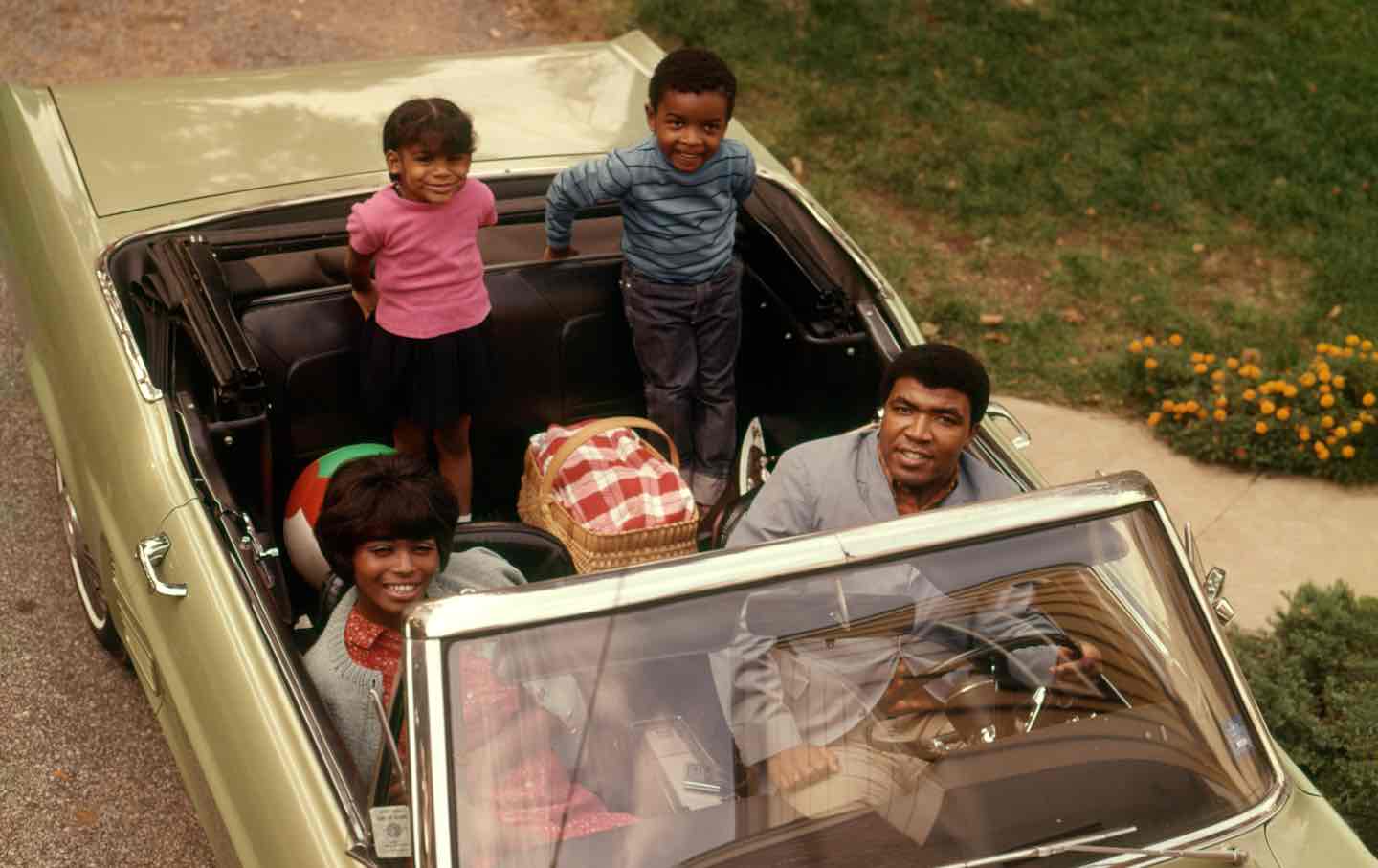
The Perils of a Post-Racial Utopia The Perils of a Post-Racial Utopia
In Nicola Yoon’s One of Our Kind, a dystopian novel of a Black upper-class suburb’s secrets, she examines the dangers of choosing exceptionalism over equality.
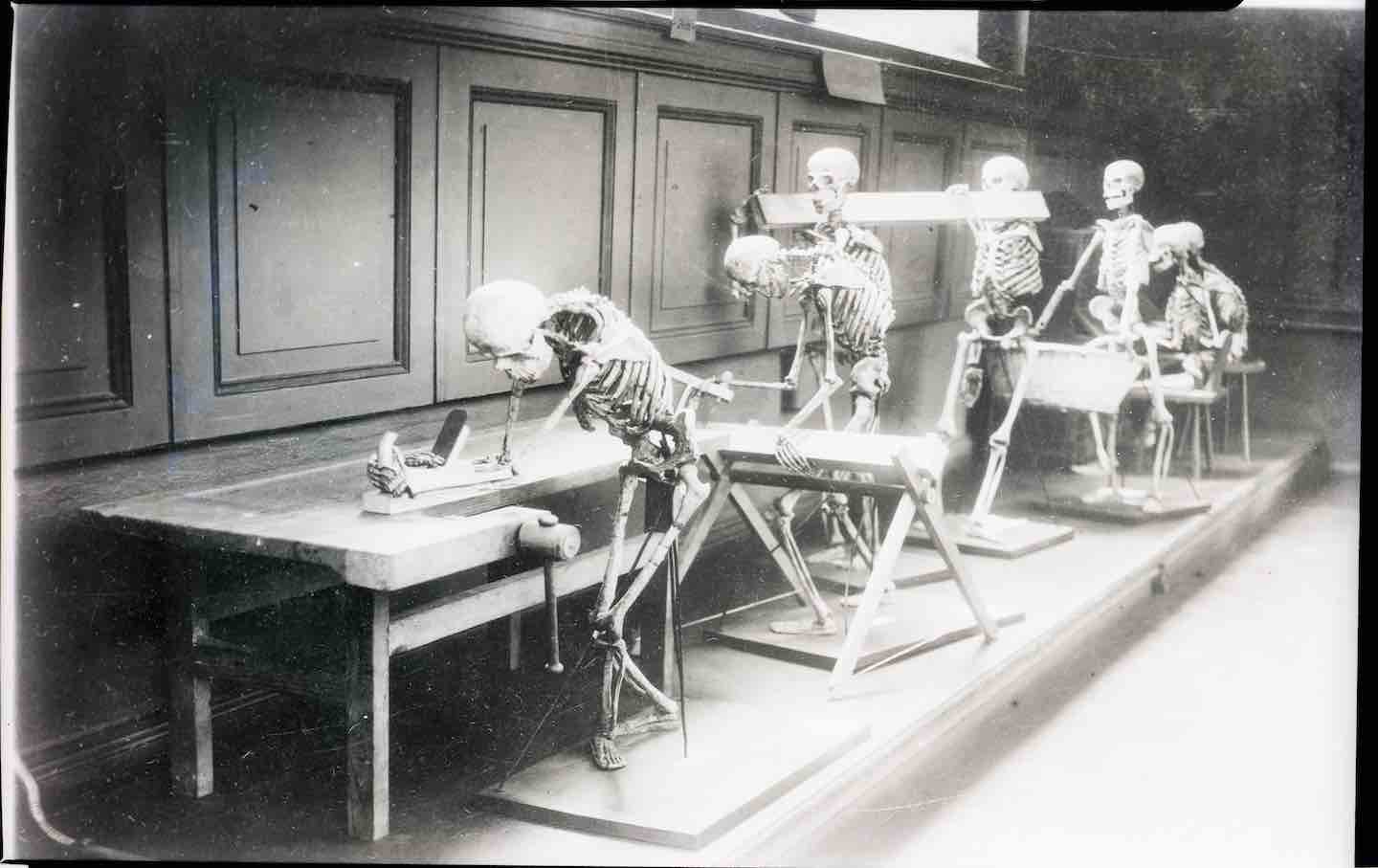
Why Americans Are Obsessed With Poor Posture Why Americans Are Obsessed With Poor Posture
A recent history of the 20th-century movement to fix slouching questions the moral and political dimensions of addressing bad backs over wider public health concerns.
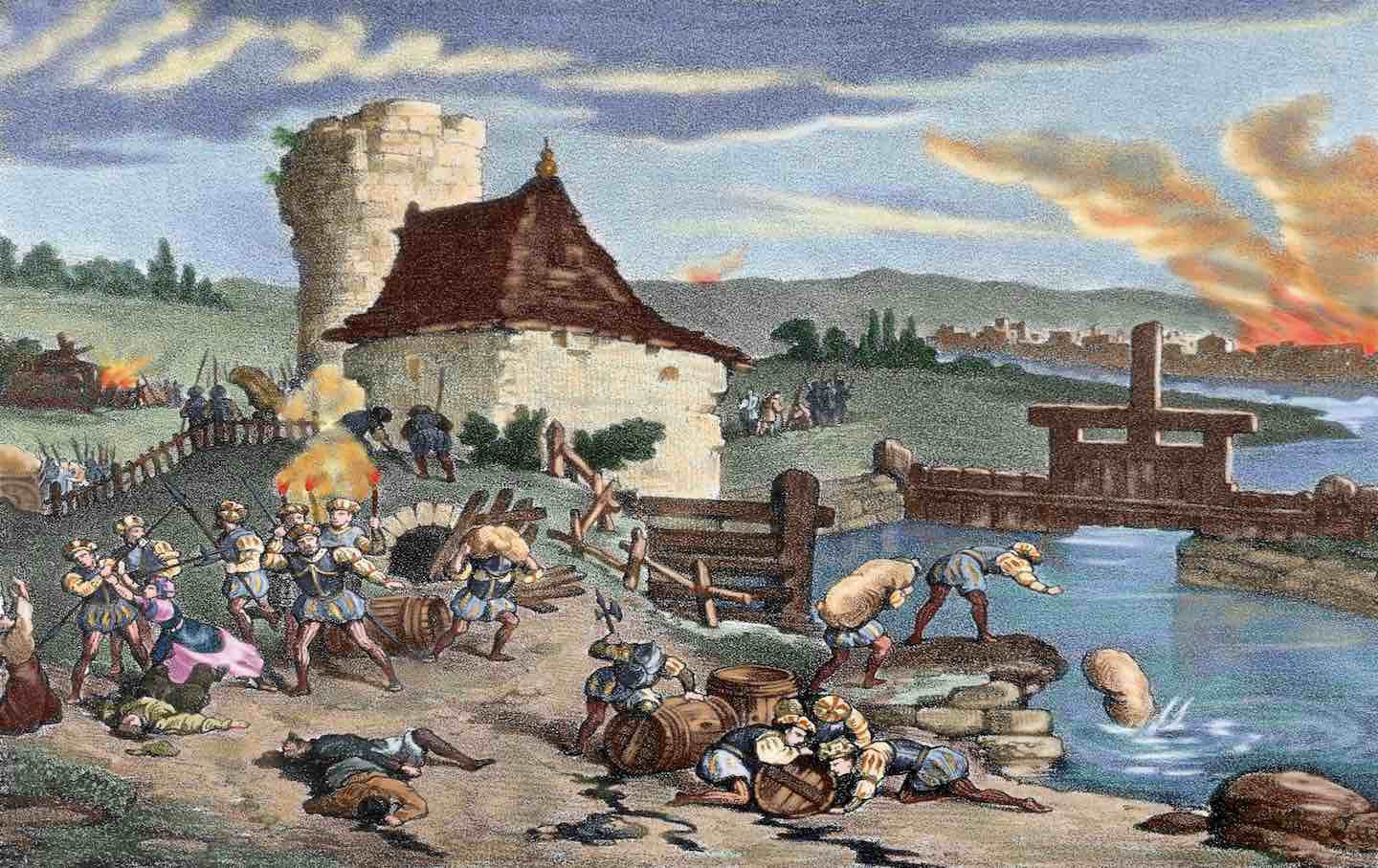
Thomas Müntzer’s Misunderstood Revolution Thomas Müntzer’s Misunderstood Revolution
A recent biography of the German preacher and leader of the Peasants’s War examines what remains radical about the short-lived rebellion he led.
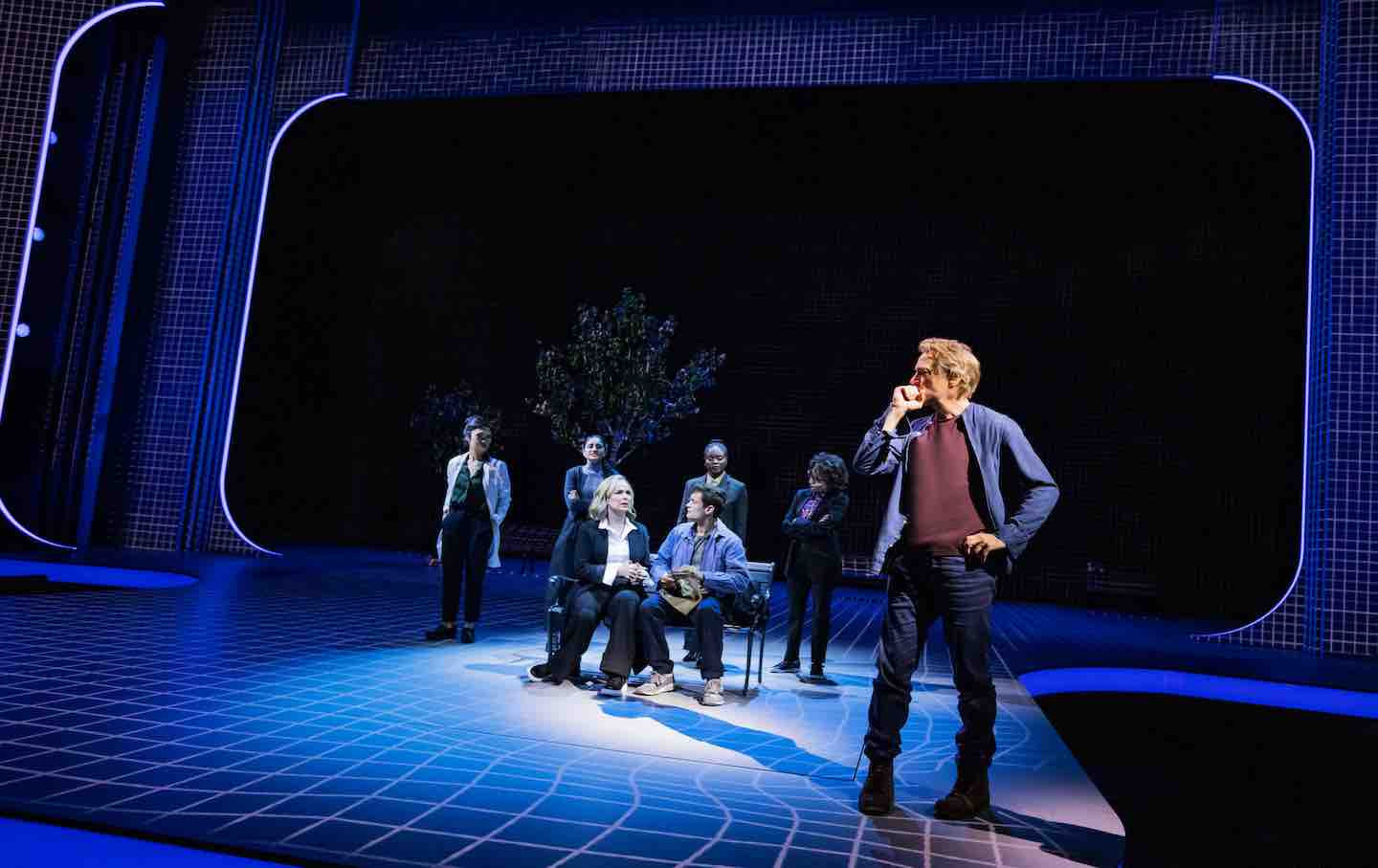
Is It Possible to Suspend Disbelief at Ayad Akhtar’s AI Play? Is It Possible to Suspend Disbelief at Ayad Akhtar’s AI Play?
The Robert Downey Jr.–starring McNeal, which was possibly cowritten with the help of AI, is a showcase for the new technology’s mediocrity.
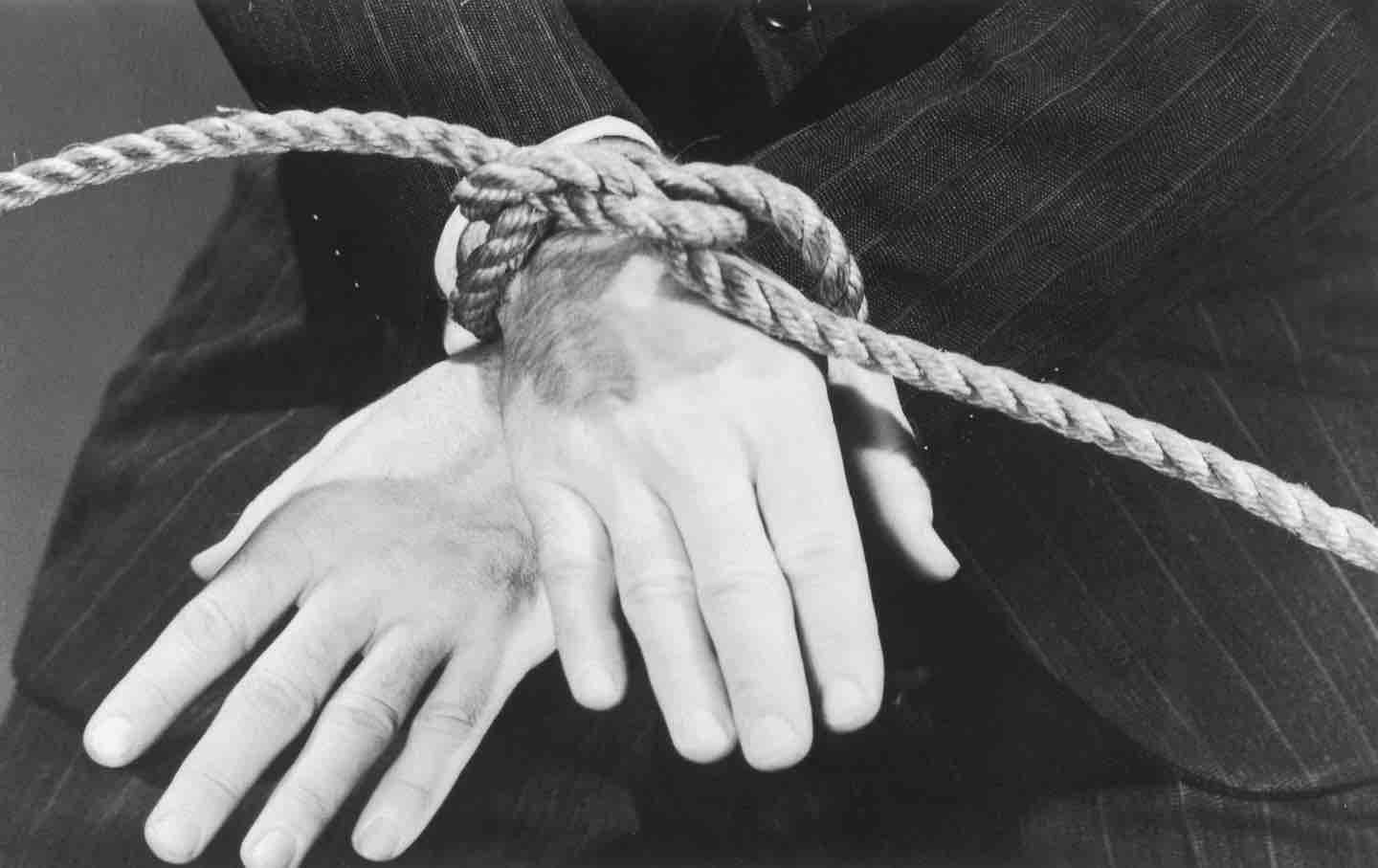
Possibility, Force, and BDSM: A Conversation With Chris Kraus and Anna Poletti Possibility, Force, and BDSM: A Conversation With Chris Kraus and Anna Poletti
The two writers discuss the challenges of writing about sex, loneliness, and the new ways novels can tackle BDSM.
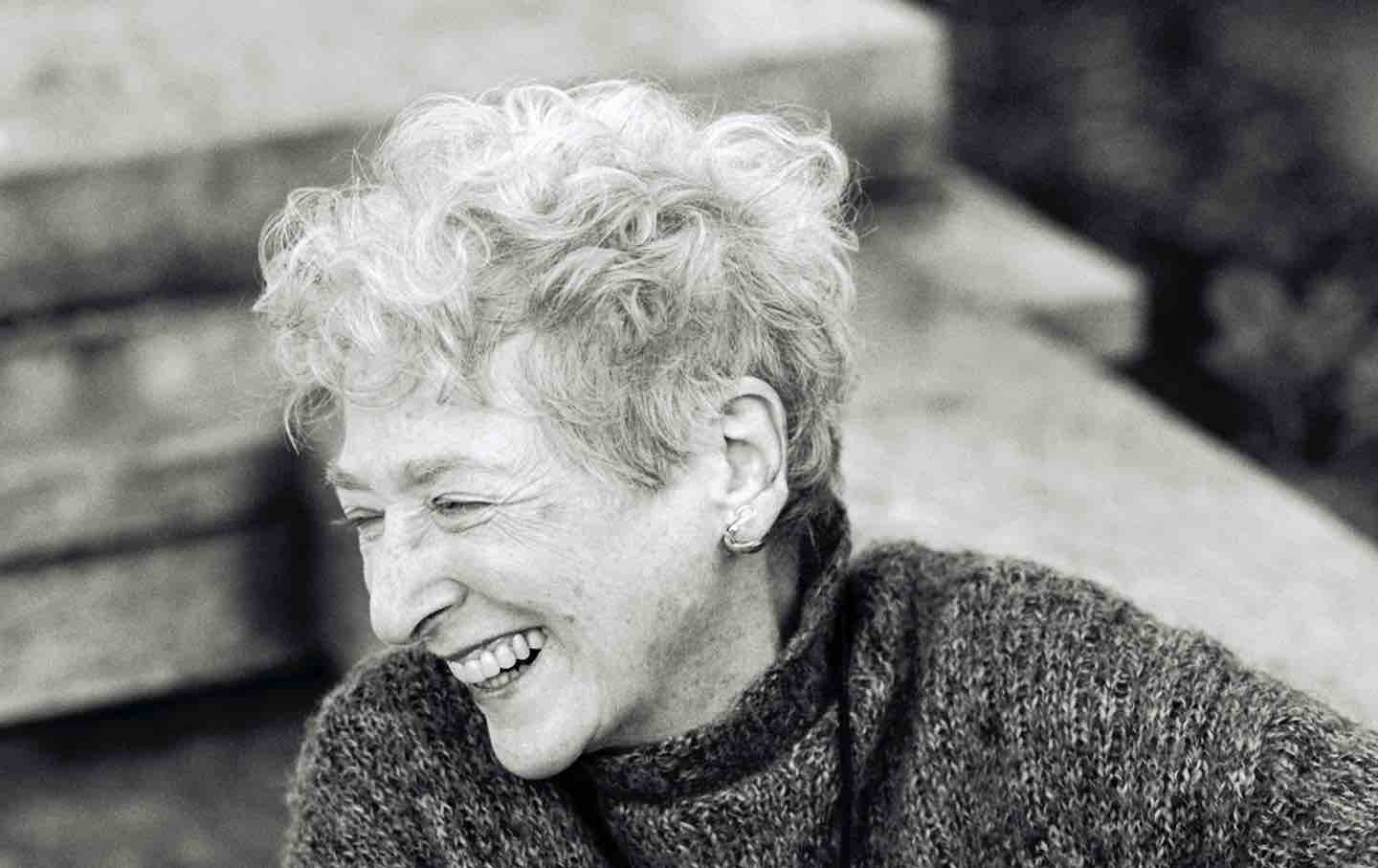
Lore Segal’s Stubborn Optimism Lore Segal’s Stubborn Optimism
In her life and work, she moved through the world with a disarming blend of youthful curiosity and daring intelligence.


